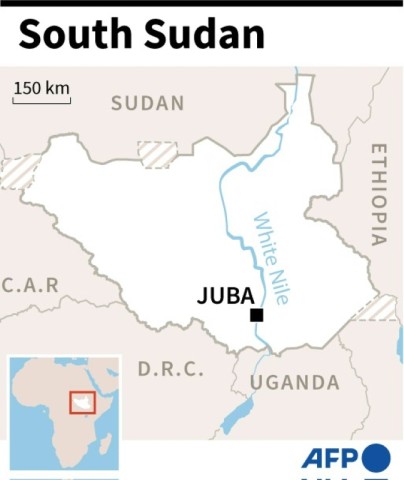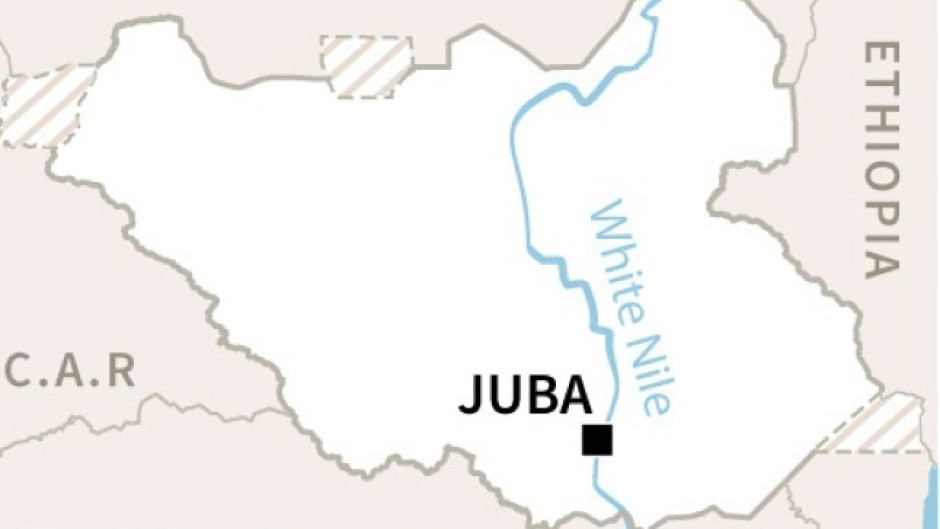RUBKONA - More than 1.6 million children aged under five will suffer from malnutrition next year in South Sudan, following a surge in waterborne diseases due to flooding, the UN's World Food Programme said Monday.
The world's newest nation has endured deadly conflict, natural disasters, economic malaise and relentless political infighting since it won independence from Sudan in 2011.
As flooding becomes an annual affair in some parts of the country, people living in waterlogged areas have struggled to access food while also grappling with the spread of disease.
"More than 1.6 million children under five years of age are expected to suffer from malnutrition in 2024," the WFP said.
In Rubkona county, where floodwaters have submerged large tracts of land, forcing entire communities to live on small islands since 2021, the cost of food staples has climbed by more than 120 percent since April.
The county, which lies in the north of the country, is forecast to face catastrophic levels of hunger by April 2024.
- 'Hunger emergency' -
"This is the reality of living on the frontline of the climate crisis," said Mary-Ellen McGroarty, WFP's country director in Juba.
"We're seeing an extremely concerning rise in malnutrition which is a direct result of living in overcrowded and waterlogged conditions," she said.

"The spread of waterborne diseases unravels any work humanitarian agencies do in preventing and treating malnutrition and it is young children who are suffering the impact most severely," she added.
The crisis has been compounded by the return of hundreds of thousands of South Sudanese refugees fleeing Sudan's brutal war, with WFP warning last month that families were facing "a hunger emergency".
Since fighting erupted in Sudan in mid-April, more than 10,000 people have lost their lives, according to a conservative estimate from the Armed Conflict Location & Event Data Project.
Multiple truces have failed to stop the violence that has raised fears of a humanitarian crisis engulfing the wider region.
One of the world's poorest nations, South Sudan has spent nearly half its life at war, with some 380,000 people killed during a five-year civil war between rival leaders who share power today.
The United Nations has repeatedly criticised South Sudan's leadership for its role in stoking bloodshed, cracking down on political freedoms and plundering public coffers.
South Sudan has large oil reserves but it remains in a "serious humanitarian crisis," according to the World Bank.
It said in September that about 9.4 million people or 76 percent of the population were estimated to be in need of humanitarian assistance in 2023.

